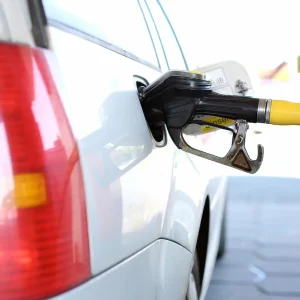CO2 emissions for new cars registered in the UK fell for the 19th consecutive year in 2016, new data has revealed.
According to the Society of Motor Manufacturers and Traders’ New Car CO2 Report 2017, carbon emissions fell to an all-time low in 2016, with new cars emitting 120.1g/km – a drop of 1.1% compared with 2015’s figure.
CO2 emissions have improved by a third (33.6%) since 2000, the SMMT said, and is due to huge investments in new battery and engine technologies as well as an increasing use of lightweight materials.
The SMMT also put the drop down to the growing alternatively fuelled vehicle market and the shift of drivers towards diesel cars, despite increasing negative publicity surrounding the fuel type, which emit on average 20% less CO2 than petrol models.
However, in order for the UK to hit its contribution to the EU target of hitting an average of 95g/km of CO2 by 2021, a reduction of 4.6% per year is required, the industry body warned.
The SMMT said this progress could be slowed by the “current anti-diesel agenda” which it said fails to distinguish between old models and newer clean vehicles.
It added that the forthcoming changes to Vehicle Excise Duty from 1 April could also impact the progress of lowering emissions in the country, as 66% of the alternatively fuelled vehicles that are on the £0 rate will be subject to an annual charge of £130.
“The automotive industry has some of the most challenging CO2 reduction targets of any sector and continues to deliver reductions as it has for nearly two decades. For this positive trend to continue, modern low-emission diesels and AFVs such as plug-ins, hydrogen and hybrids must be encouraged with long-term incentives,” said Mike Hawes, SMMT chief executive.
“Turning our back on any of these will undermine progress on CO2 targets as well as air-quality objectives. The UK has a successful track record in encouraging these new technologies, but this must be maintained through a consistent approach to fiscal and other incentives.”





